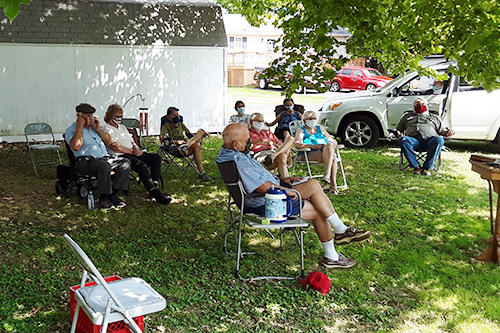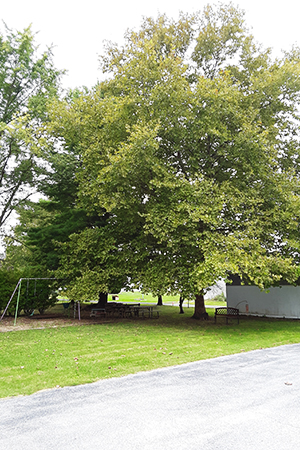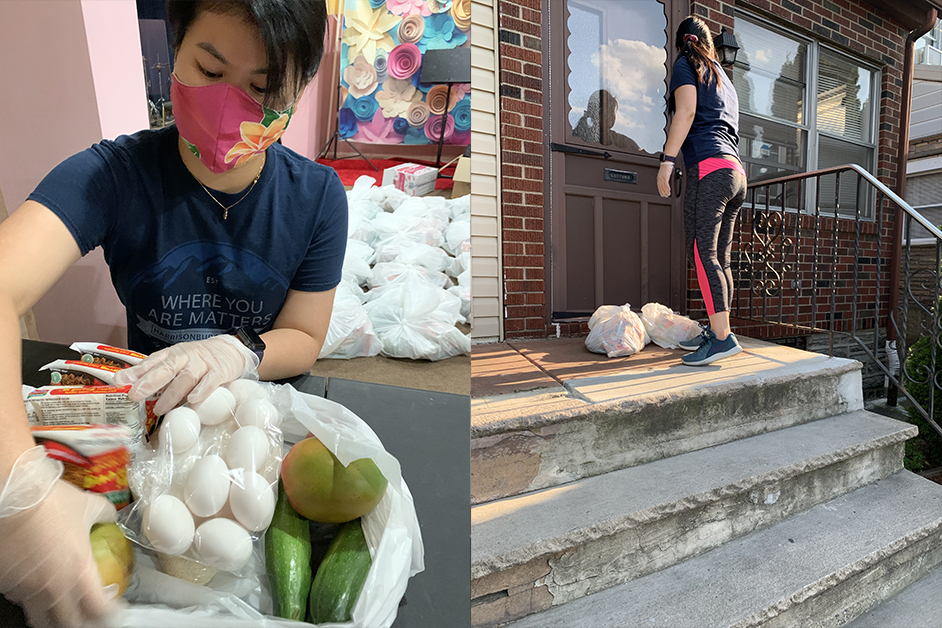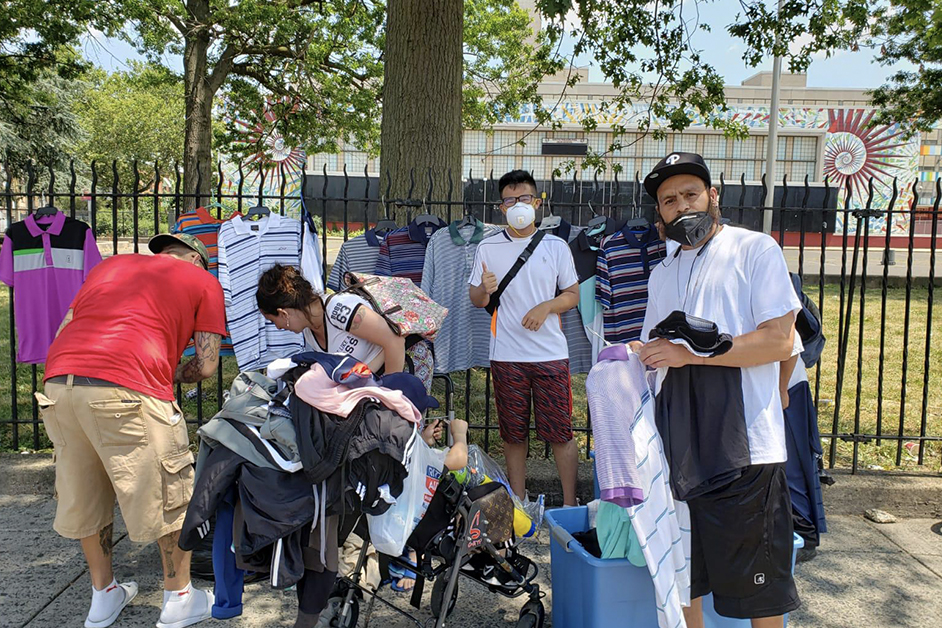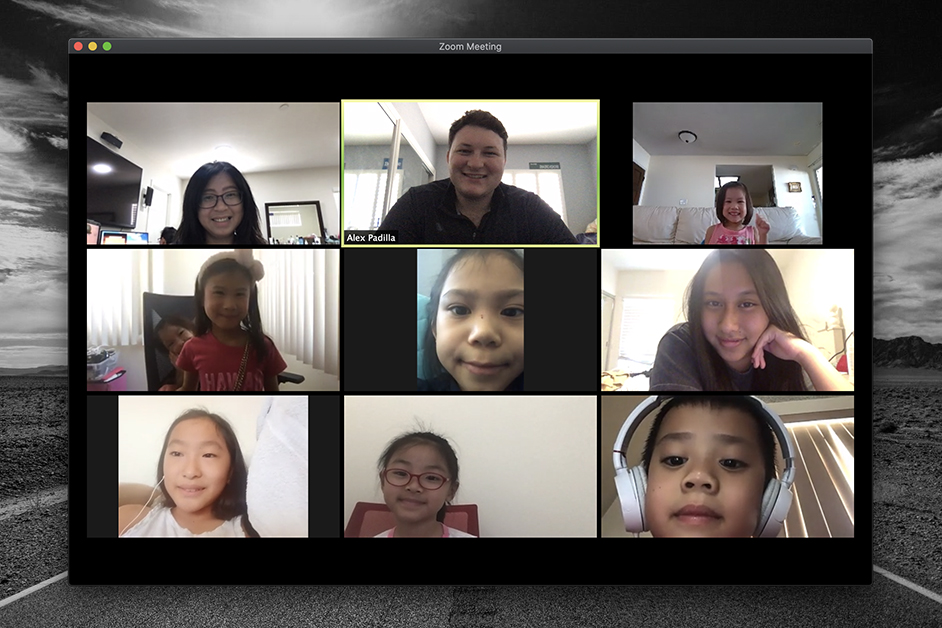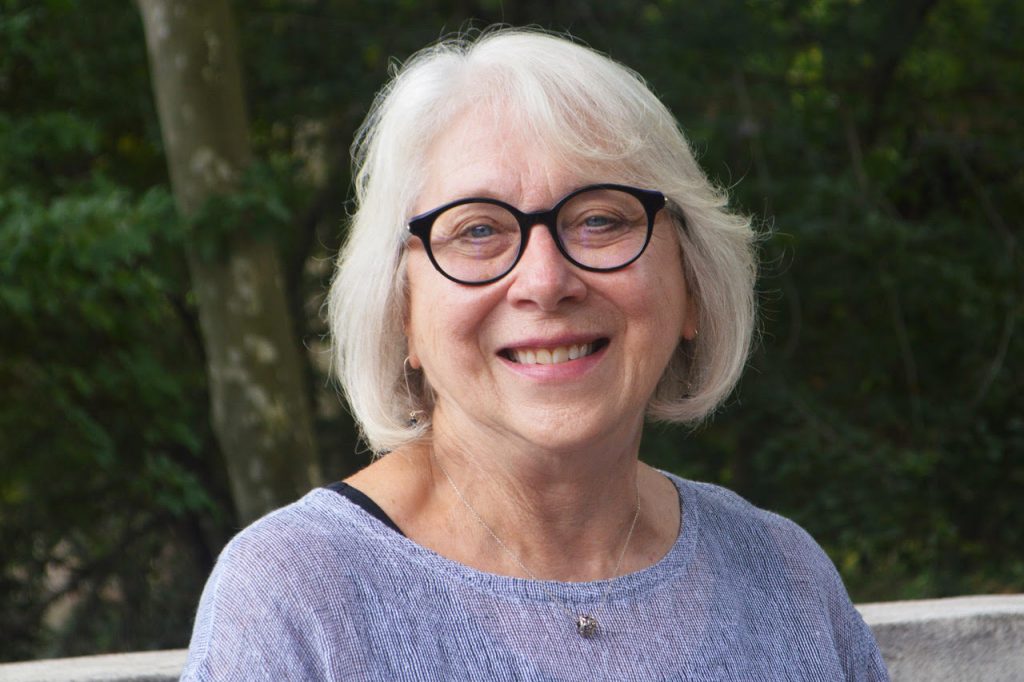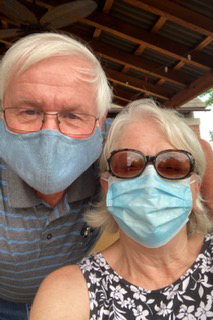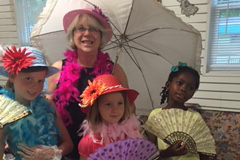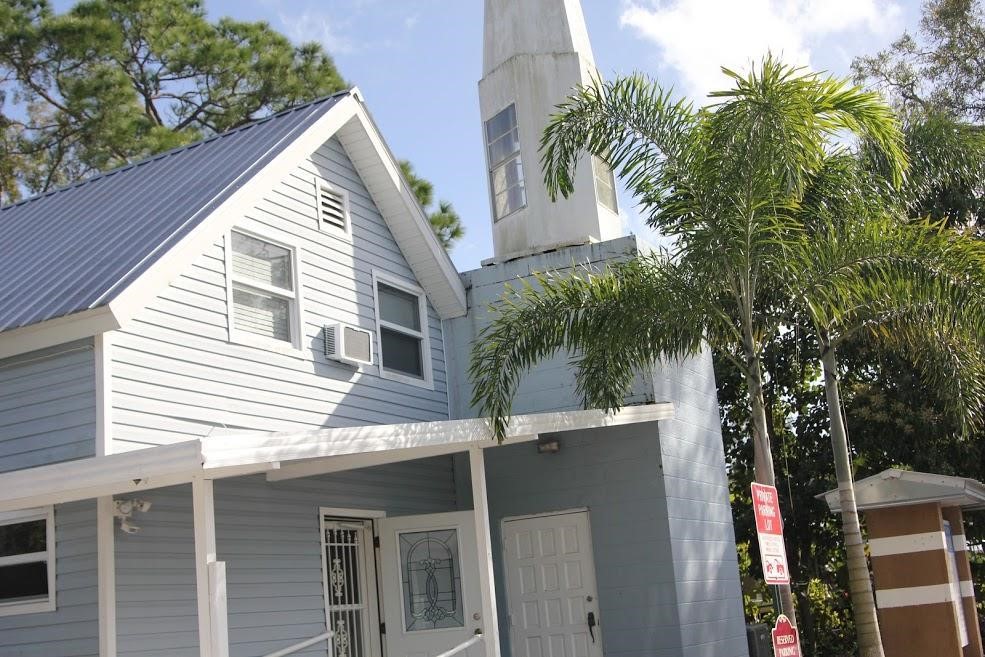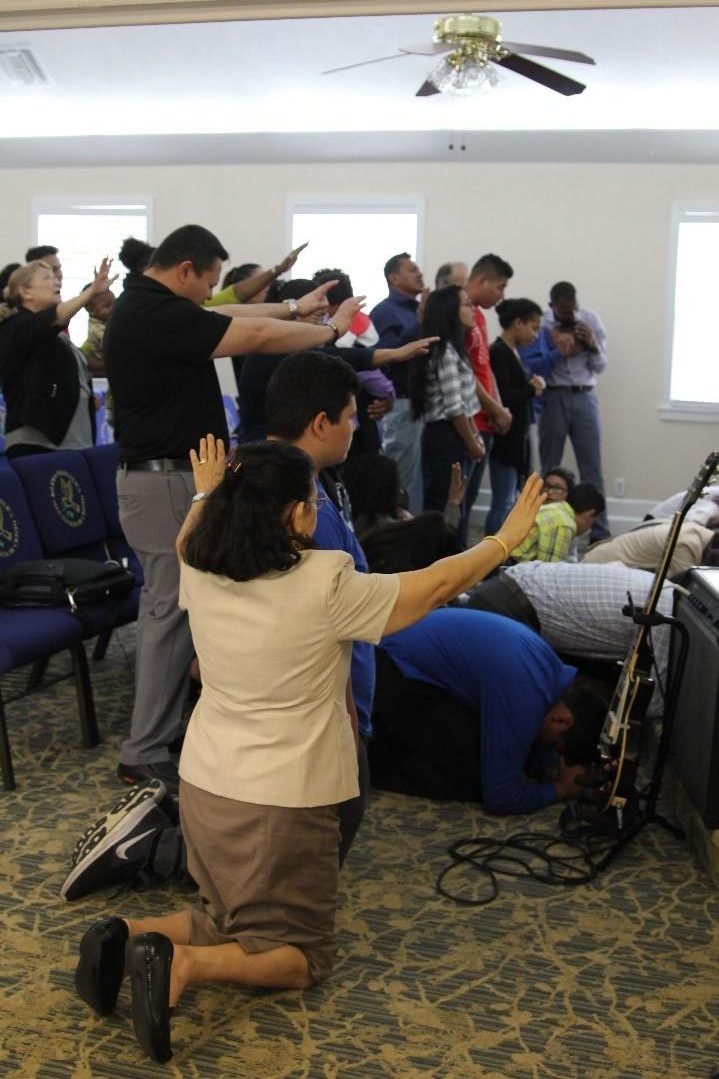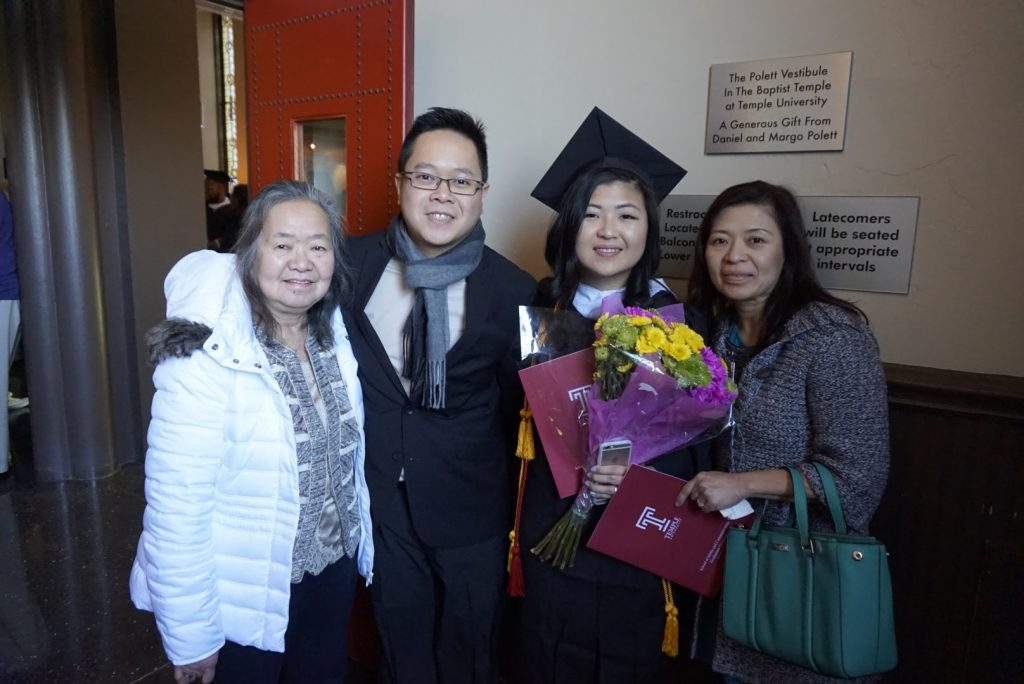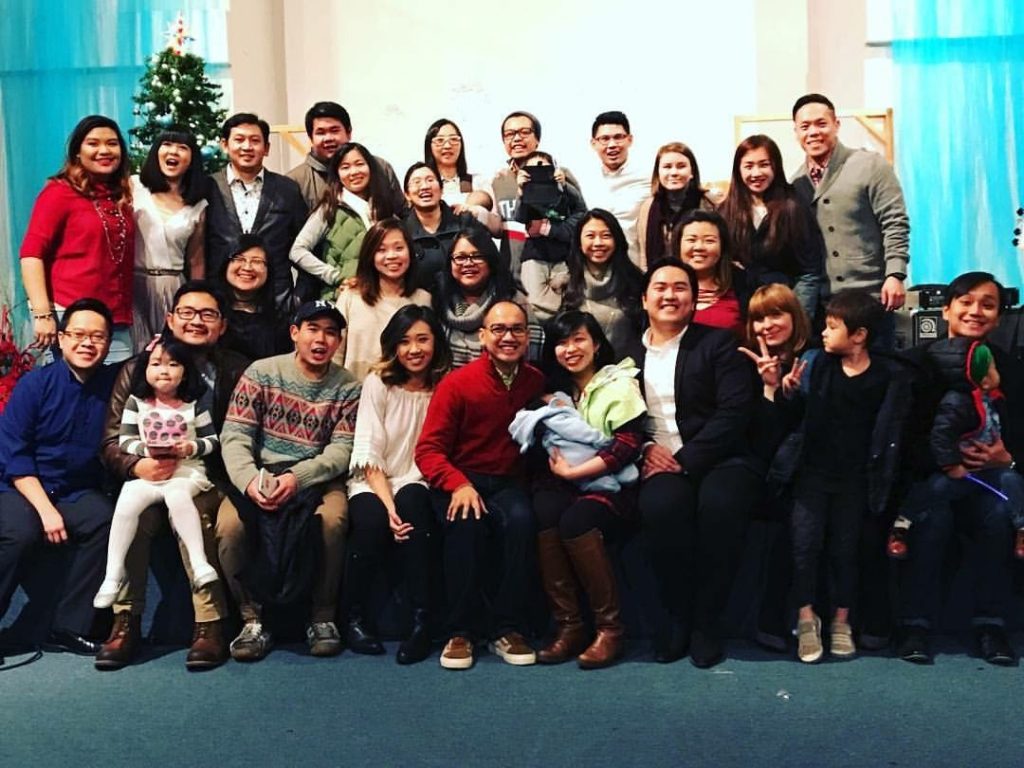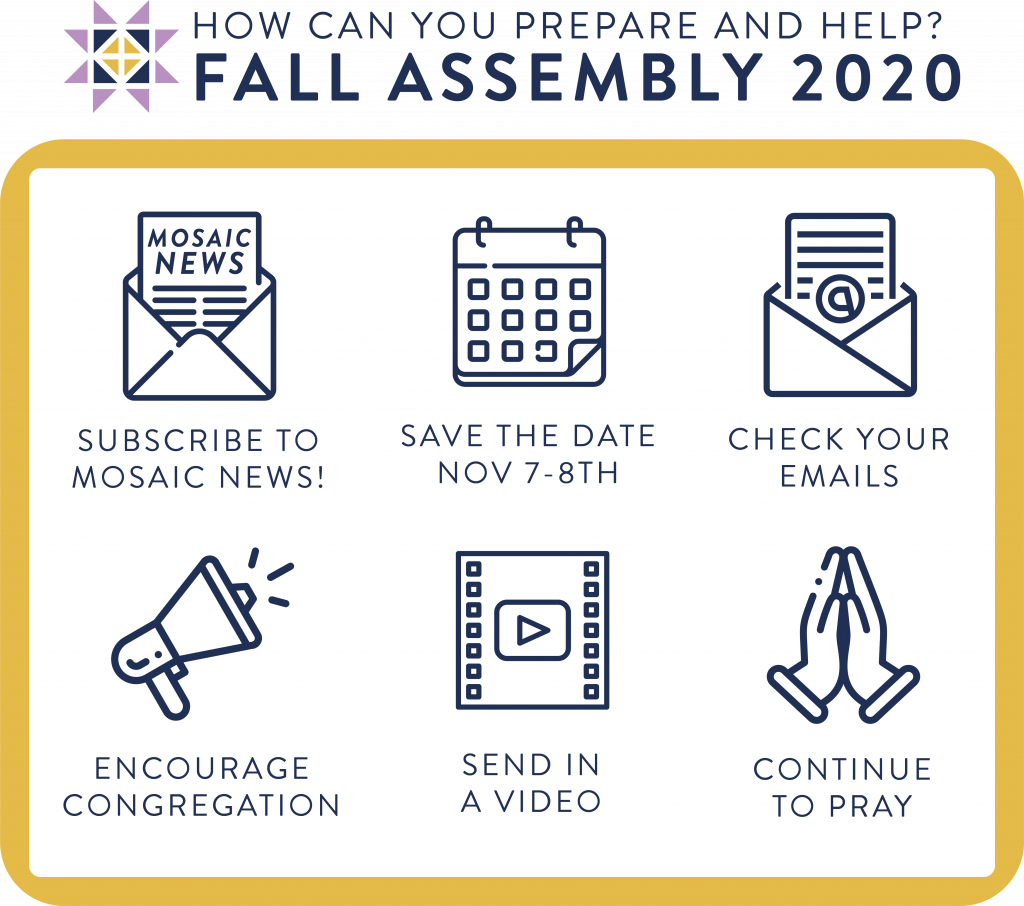by Scott Roth, Leadership Minister
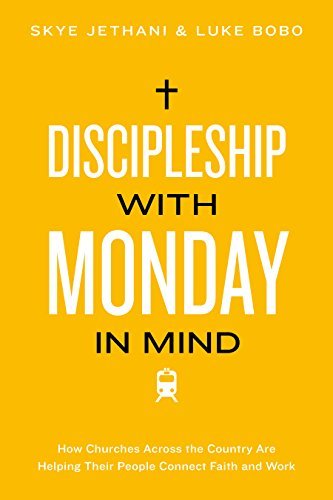
There is a gap that happens with people as we transition from our Sunday to our Monday. Recently I read Discipleship with Monday in Mind, by Skye Jethani and Luke Bobo, which explores faith and vocation and how to make them more of a focus in church ministries.
This topic has stirred me as a pastor and organizational leader. How do we create environments that help us to engage our workplace and our love for Jesus?
The woman at the well (John 4) is a reminder of Jesus showing up in daily living. We also see this with the calling of the disciples as they are fishing (Matthew 4:18-22). Time and time again we see Jesus engaging people where they are.
In their book, Jethani and Bobo explain how early church clergy would be on the church property on Sunday. Then, during the week, clergy would head out to the countryside and the villages to engage their people where they lived and worked. Wow! Now, many churches expect the pastor to be at the church during the week, in the office, being on call and in a waiting posture. What if pastors were out of the church building and engaging the workplace?

Recently I have started this process. I invited Laurie to come to my workplace, not the church office, but to Bike and Sol, the non-profit bicycle shop where I serve as director. We sat in the shop area as I fixed a bike. We engaged on a variety of topics involving her life and Jesus. People would stroll in and out and we would interact with them as well. It was such an uplifting time. We got to be the church to a few folks and the Kingdom was present.
Later I visited Scott, one of the owners of Bolton’s Farms, at his workplace. Not only did I get to see Scott in a different environment, but I was able to fly his drone and tour the farm. Through questions and observations, I began to understand what they did and how it operated. I learned that at Thanksgiving, they provide meals to 5000 feasts! This was a reality check that one of our church families was affecting 5000 homes every Thanksgiving. What does that mean for me as a pastor? As a church? As the Kingdom of God?
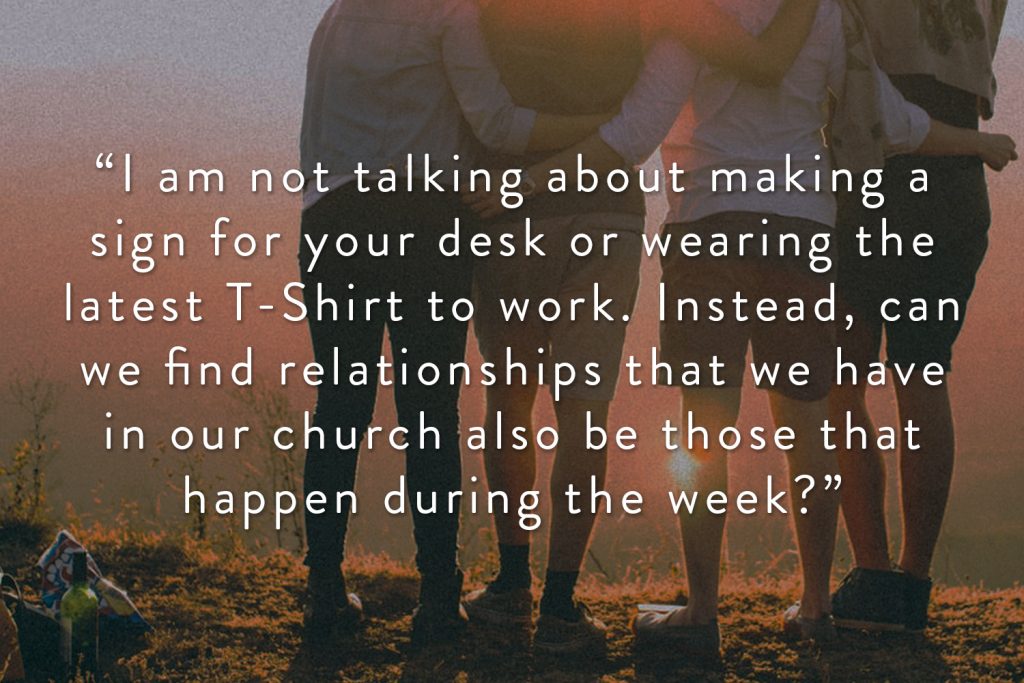
In the book, Discipleship with Monday in Mind, we are reminded that in Genesis humans were built to work and relate. God needed to rest after creating the world. Work is not a curse. It is a part of us to live.
I want to encourage you to engage your faith with your work. No matter what stage of life we are in, can we engage Jesus where we are? I am not talking about making a sign for your desk or wearing the latest t-shirt to work. Instead, can we find ways for the relationships that we have in our church to also be those that happen during the week? Are we able to invite our church family to engage our work family? Do they need to be separate?
May you find ways this week to see Jesus in your day to day. May you see God moving throughout your work and vocation.

